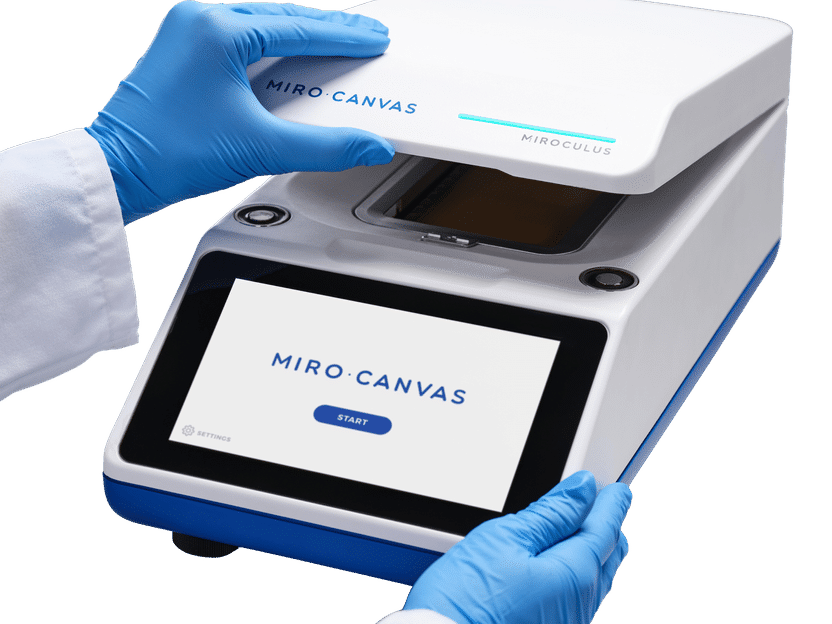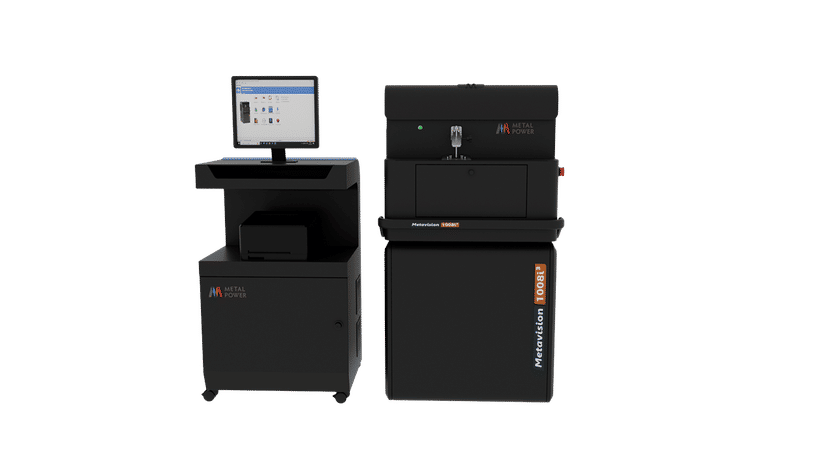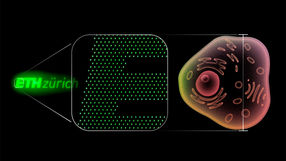Moving the MRI goalposts
Scientists in the UK have developed a new class of MRI (magnetic resonance imaging) agents that promise to deliver clearer images more quickly.
Chemical shifts from proton NMR normally fall between 0-12ppm, but water and fat resonate at 4.7 and 1.3ppm respectively, causing noise that can overlap with MRI probe signals.
Now, David Parker and his team at the University of Durham have developed new probes, comprised of lanthanide complexes containing a t-butyl group, that shift the spectral window of MRI scans well away from these interfering signals. Parker describes this concept as “moving the goalposts.”
He said: “In any NMR experiment you are chasing sensitivity. We have enhanced the intrinsic ability to observe an MRI probe signal by a factor of 20.”
The distance between the lanthanide and the t-butyl group in the probes is fixed to optimise the rate of decay of the t-butyl signal, as well as its chemical shift. Using the new probes, the researchers were able to acquire data just a few minutes after administering them. They showed that the signal from the lanthanide-induced relaxation of the nine protons in the t-butyl group was shifted by up to 80ppm.
Parker says the new probes could lead to the development of new imaging experiments where the probes can be localised for defined periods of time in particular regions of the body.
Most read news
Original publication
Organizations
Other news from the department science

Get the analytics and lab tech industry in your inbox
By submitting this form you agree that LUMITOS AG will send you the newsletter(s) selected above by email. Your data will not be passed on to third parties. Your data will be stored and processed in accordance with our data protection regulations. LUMITOS may contact you by email for the purpose of advertising or market and opinion surveys. You can revoke your consent at any time without giving reasons to LUMITOS AG, Ernst-Augustin-Str. 2, 12489 Berlin, Germany or by e-mail at revoke@lumitos.com with effect for the future. In addition, each email contains a link to unsubscribe from the corresponding newsletter.
Most read news
More news from our other portals
Last viewed contents

Researcher Develops One Minute Coronavirus Test - COVID-19 samples can be collected using a simple breath test or throat and nose swabs

MIRO CANVAS | Automated sample preparation systems | Integra Biosciences




















































